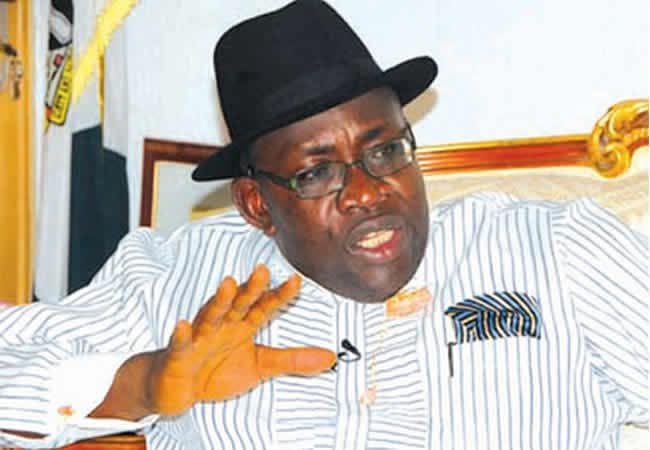(DDM) – Senator Seriake Dickson has criticized the Nigerian Senate for recently commending President Bola Ahmed Tinubu, describing the move as insensitive and poorly timed in the face of escalating insecurity across the country.
Diaspora Digital Media DDM gathered that Dickson’s remarks came as Nigeria faces mounting security challenges, including kidnapping, banditry, and violent attacks in multiple regions, raising concerns about the government’s approach to addressing the crises.
The lawmaker argued that praising the president while citizens continue to suffer from violent crimes sends the wrong message to victims and communities on high alert.
Dickson described the commendation as “tone-deaf,” noting that political gestures should not overshadow urgent security priorities.
He stressed that the Senate must consider the realities faced by Nigerians on the ground before publicly endorsing or celebrating government officials.
The senator pointed to recent incidents across northern and southern Nigeria, where attacks by bandits and criminal gangs have claimed lives, destroyed property, and displaced thousands of families.
He noted that communities in Borno, Sokoto, Zamfara, and other vulnerable states continue to grapple with humanitarian challenges exacerbated by insecurity.
Dickson urged lawmakers to focus on policy oversight, urging them to hold the executive accountable for delivering tangible security solutions rather than symbolic commendations.
He emphasized that Nigeria’s citizens expect practical interventions, including adequate funding for security agencies, improved intelligence networks, and community-based policing strategies.
The senator also highlighted that while political support for the president is important, it must not take precedence over citizens’ safety and the protection of lives.
Analysts note that Dickson’s criticism reflects growing public frustration with both political institutions and the government’s handling of security challenges.
Some commentators argue that the Senate’s commendation could be perceived as disconnected from the lived realities of ordinary Nigerians experiencing daily threats from criminal gangs and insurgent groups.
Dickson called for an urgent national dialogue on security, emphasizing the need for legislative, executive, and civil society collaboration to confront the crisis.
He further urged the government to ensure transparency in security operations, enhance responsiveness, and prioritize preventive measures to curb escalating violence.
The senator warned that failure to address insecurity adequately could erode public trust in political institutions and deepen social unrest across Nigeria.
Dickson concluded that while recognition of leadership is acceptable, it must be contextual and sensitive, particularly in periods of national emergency or heightened threat.
His comments have sparked debate among lawmakers, security experts, and civil society actors about the appropriateness of political endorsements amid crises.
Observers believe that Dickson’s criticism may prompt the Senate to reconsider its approach to public commendations and align political messaging with national security realities.



